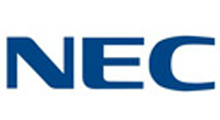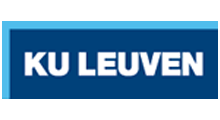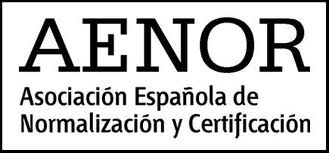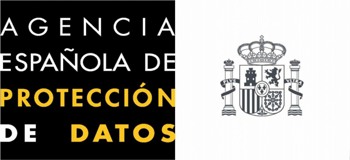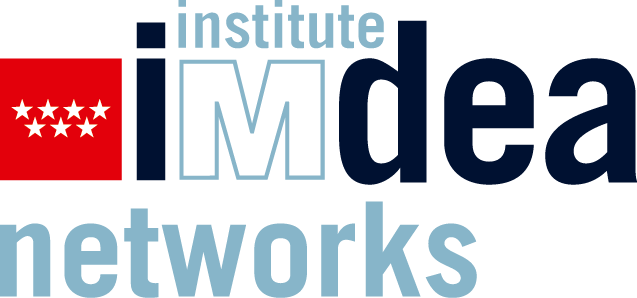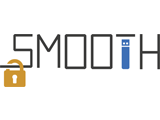De acuerdo con los últimos datos oficiales disponibles sobre 2015, casi el 93% de todas las empresas en el sector de negocios no financieros de Europa tienen menos de 10 empleados. Estas microempresas son responsables del 30% del empleo y del 21% del valor añadido en la UE. Sin embargo, cuando se refiere a la aplicación inminente del Reglamento General de Protección de Datos (RGPD), las microempresas son las más vulnerables debido a su falta de experiencia y recursos para invertir en la adopción del mismo. Es urgente desarrollar soluciones que ayuden a las microempresas a adoptar sin problemas el RGPD, salvaguardando así los intereses de los ciudadanos de la UE en materia de privacidad y seguridad de los datos, evitando las consecuencias socioeconómicas negativas que conllevan las infracciones para las microempresas y, por extensión, beneficiando a la sociedad europea. El proyecto SMOOTH aborda este desafío desde dos enfoques complementarios:
1) Concienciar sobre la importancia de cumplir con el RGPD, ya que muchas microempresas hacen caso omiso de sus obligaciones en este sentido, involucrando como socios a las Autoridades de Protección de Datos y asociaciones que representan microempresas en la UE. Con este mismo propósito, SMOOTH entregará un manual práctico e interactivo sobre el RGPD (sitio web y aplicación móvil) adaptado específicamente a las microempresas.
2) Ayudar a microempresas a adoptar y cumplir de una manera efectiva con el RGPD. La plataforma en la nube de SMOOTH utilizará el aprendizaje automático, la minería de datos y textos, y métodos avanzados de auditoría en línea para crear automáticamente un informe de cumplimiento de RGPD a medida de los aspectos más críticos para las microempresas. Del mismo modo, SMOOTH proporcionará materiales útiles para resolver aquellos aspectos del RGPD que no estén cubiertos adecuadamente.
Todo esto contribuirá positivamente a proteger los derechos de los ciudadanos, al mismo tiempo que evitará multas potenciales para las microempresas que pueden representar hasta el 4% de sus ingresos anuales, según el RGPD. SMOOTH nace de socios tecnológicos y autoridades de protección de datos y será diseñado y validado por microempresas reales con el objetivo de convertirse en la plataforma de herramientas de referencia que les lleve a adoptar el RGPD.

This project has received funding from the European Union’s Horizon 2020 research and innovation programme under grant agreement No.786741.
